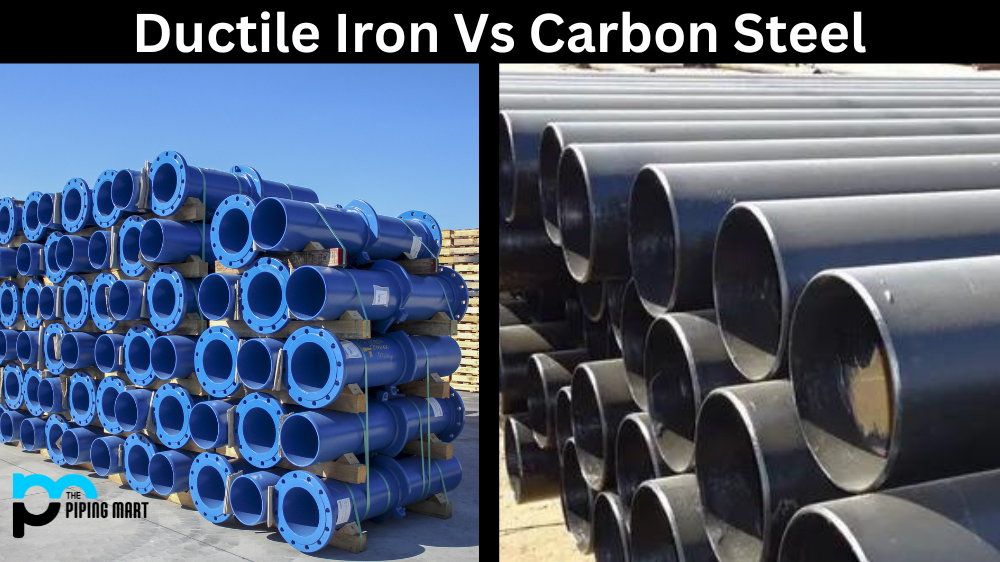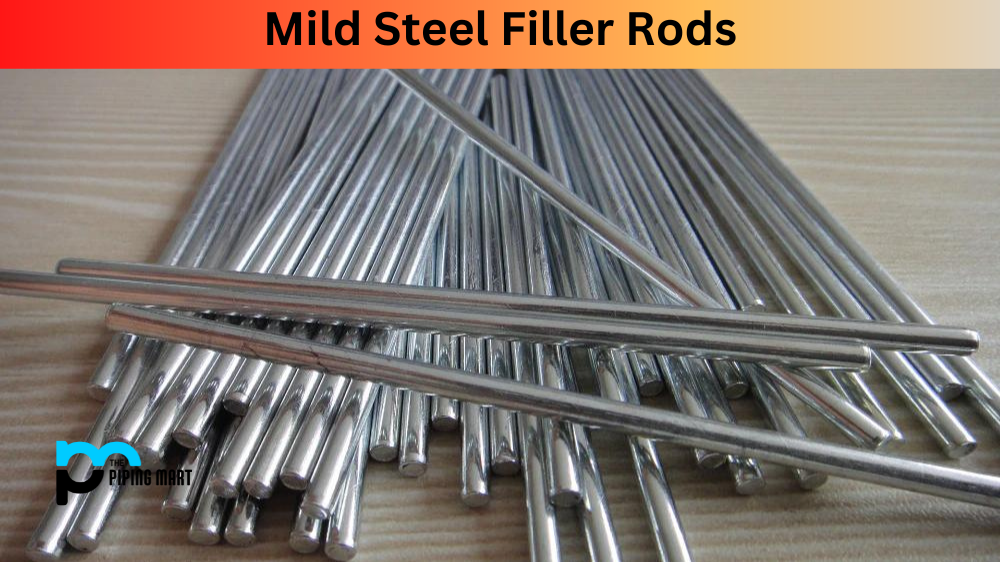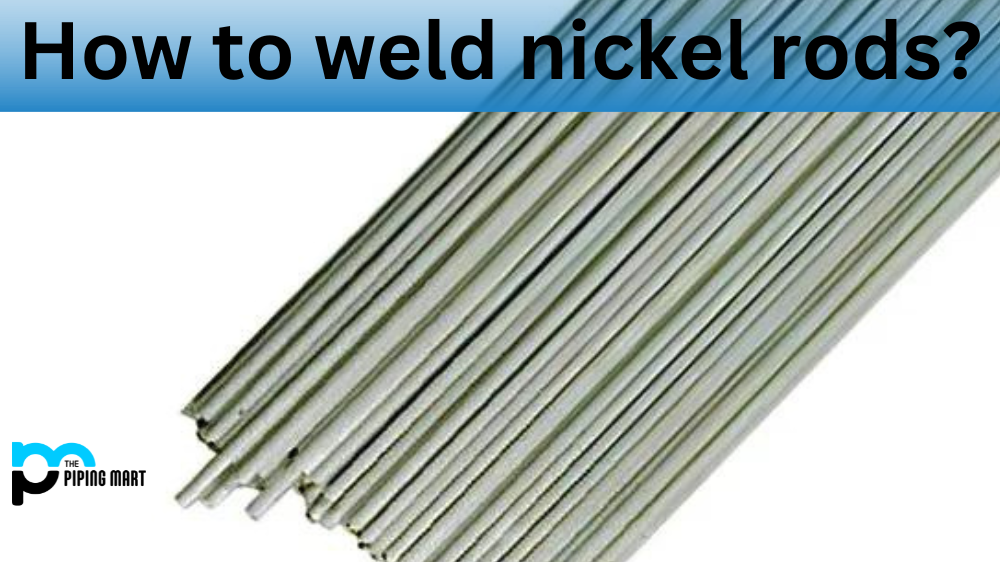If you’re in the market for a durable metal material, it can be overwhelming to figure out which one is right for your project. Two popular options are ductile iron and carbon steel. But what are the differences between these two materials? Let’s explore the advantages and disadvantages of each so that you can make an informed decision about which material to use for your project.
Difference Between Ductile Iron and Carbon Steel
The biggest difference between ductile iron and carbon steel is their composition. Ductile iron is a type of cast iron that contains a higher amount of carbon, which makes it more malleable than traditional cast iron. This makes it easier to shape into complex shapes without breaking or cracking. On the other hand, carbon steel is composed primarily of iron and carbon but contains trace amounts of other elements such as manganese, silicon, and sulfur. It is generally harder than ductile iron due to its higher concentration of carbon.
Another key difference between these two materials is their price tag. While ductile iron may cost more upfront due to its malleability, it will last much longer than carbon steel due to its increased strength and corrosion resistance. This means you will save money over time by investing in ductile iron instead of carbon steel because you won’t have to replace or repair broken parts or corroded surfaces continuously.
Lastly, ductile iron has better machinability than carbon steel because it does not require as much heat input during machining operations. If you need to cut or shape your material quickly and efficiently, then ductile iron should be your go-to over carbon steel.
- Ductile iron is stronger than carbon steel.
- Ductile iron is more resistant to corrosion than carbon steel.
- Ductile iron can be cast into shapes that are impossible with carbon steel.
- Ductile iron is more expensive than carbon steel.
- Carbon steel is easier to weld than ductile iron.
Conclusion:
When deciding between ductile iron vs carbon steel for your next project, there are several factors to consider, including composition, price tag, strength/corrosion resistance, and machinability. In most cases, ductile iron offers superior performance compared to carbon steel in all these categories except for initial cost (which may be offset by improved longevity). Ultimately it comes down to what kind of performance characteristics you need from your material—but if you want a strong yet malleable metal that can withstand harsh environments without requiring frequent repair or replacement, then ductile iron should be at the top of your list!

A passionate metal industry expert and blogger. With over 5 years of experience in the field, Palak brings a wealth of knowledge and insight to her writing. Whether discussing the latest trends in the metal industry or sharing tips, she is dedicated to helping others succeed in the metal industry.




